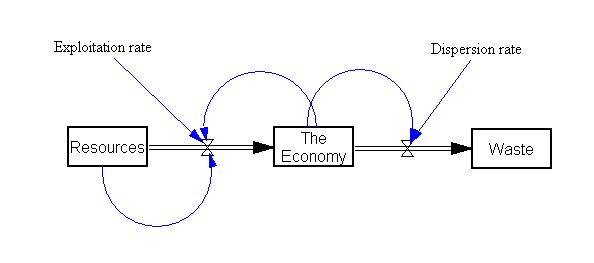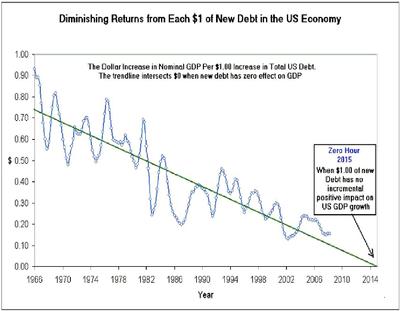(Borrowing here heavily from some old reddit comments of mine to share some thoughts that I thought you guys might appreciate.)
One of the points I often make is that understanding money's nature as a kind of "societal IOU" or accounting ledger for keeping track of value given but not yet received is crucial if you want to understand Bitcoin. To quote Frédéric Bastiat:
You have a crown. What does it imply in your hands? It is, as it were, the witness and proof that you have, at some time or other, performed some labour, which, instead of profiting by it, you have bestowed upon society in the person of your client. This crown testifies that you have performed a service for society, and, moreover, it shows the value of it. It bears witness, besides, that you have not yet obtained from society a real equivalent service, to which you have a right. To place you in a condition to exercise this right, at the time and in the manner you please, society, by means of your client, has given you an acknowledgment, a title, a privilege from the republic, a counter, a crown in fact, which only differs from executive titles by bearing its value in itself; and if you are able to read with your mind’s eye the inscriptions stamped upon it you will distinctly decipher these words:
“Pay the bearer a service equivalent to what he has rendered to society, the value received being shown, proved, and measured by that which is represented by me.”
The problem with fiat money is that when you arbitrarily conjure new units into existence, those new monetary units carry the same message: "I have given value for which I have yet to receive a real satisfaction." But now that message is a lie. Or in other words, money is memory, but the problem with fiat is that it allows for the creation of false memories. And those false memories will, over time, cause the real memories to fade (i.e. erode the purchasing power of savings through inflation). Or, more concisely,
"money is memory, and inflation is early-onset dementia."
Another important point about the idea of money as an "IOU" is that, while all money can be
analogized to a kind of societal debt (and that's true whether you're talking about dollars, or Bitcoin, or gold), fiat is
literally debt. Note, for starters, that the dollar used to be backed by and redeemable for gold; it was an IOU for another IOU. But then the U.S. government defaulted on its gold obligations. So now the dollar is a defaulted-on IOU for another IOU. But it's worse than that. Because the majority of "dollars" in today's fractional-reserve system are really just IOUs for units of the base money supply. And because banks "borrow short and lend long," they're always technically insolvent.
So, in summary, the modern dollar is an IOU from a structurally insolvent organization ... for a defaulted-on IOU ... for another IOU. "Yo dawg, I heard you like IOUs..."
Another point is that there's always going to be a balance between non-trust-based (commodity) money and trust-based (debt-based / IOU) money. In the context of Bitcoin, that means that there will always be a balance between on-chain payments and off-chain payments. But I think one of the things that makes Bitcoin exciting is its potential to shift this balance very much back towards non-trust-based money. Traditional non-trust-based money (i.e. physical commodities) are difficult and expensive to transact with, particularly across distance. Commodity IOUs (or fiat IOUs) are easier. The downside of using IOUs as money is that that they're less fungible (the identity of the issuer matters) and they're riskier (which would tend to make them less "acceptable"). Governments have been able to offset both of those disadvantages by creating central banks and giving them a monopoly on the power of money creation. FRN's are extremely fungible. And because of implicit and explicit government guarantees, no one worries about the solvency of the bank where they "deposit" (i.e., lend) their money. But that intervention (like most government interventions) carried a high price tag. The balance we're talking about was artificially and dramatically shifted in favor of trust-based money. But trust-based money is inherently risky, and governments didn't eliminate that risk. To the contrary, they grew it and made it systemic (a fact that's begun to become clear in recent years).
The real problem with the 1-MB block size limit is that it is an artificial constraint that is attempting to skew the natural balance between on-chain (commodity) and off-chain (IOU) payments. (Of course, that's why I'm confident the market will ultimately stop tolerating it.)
















